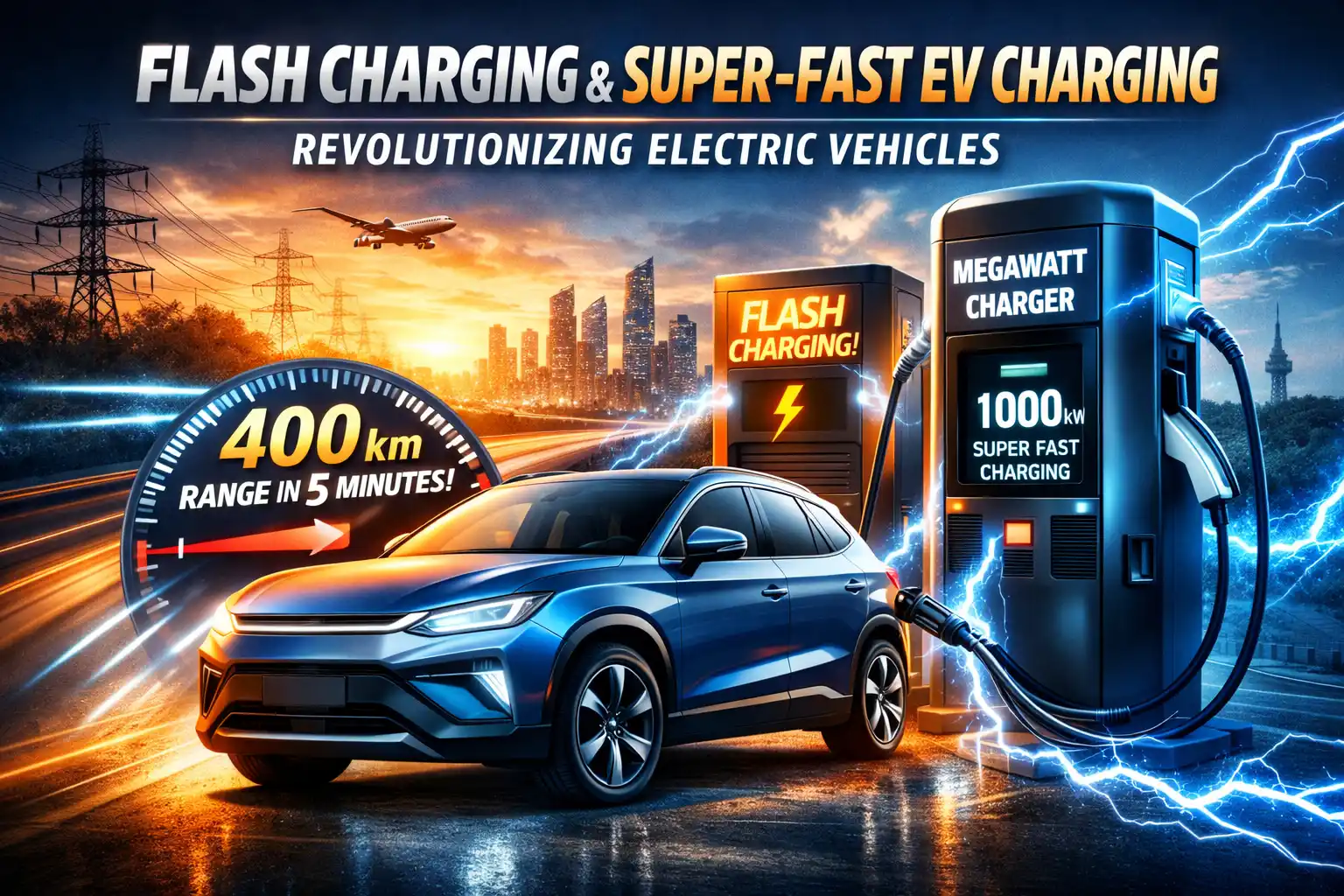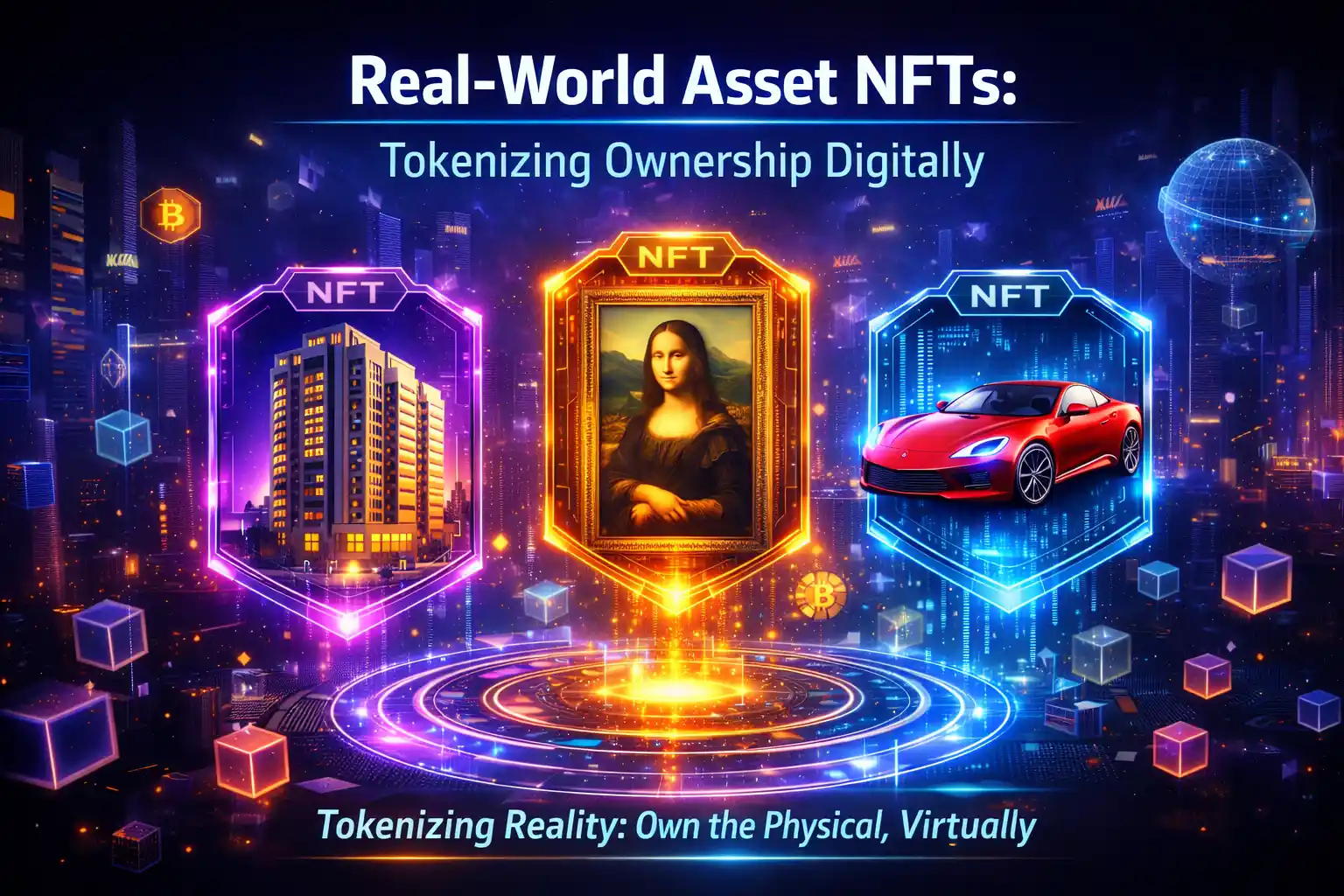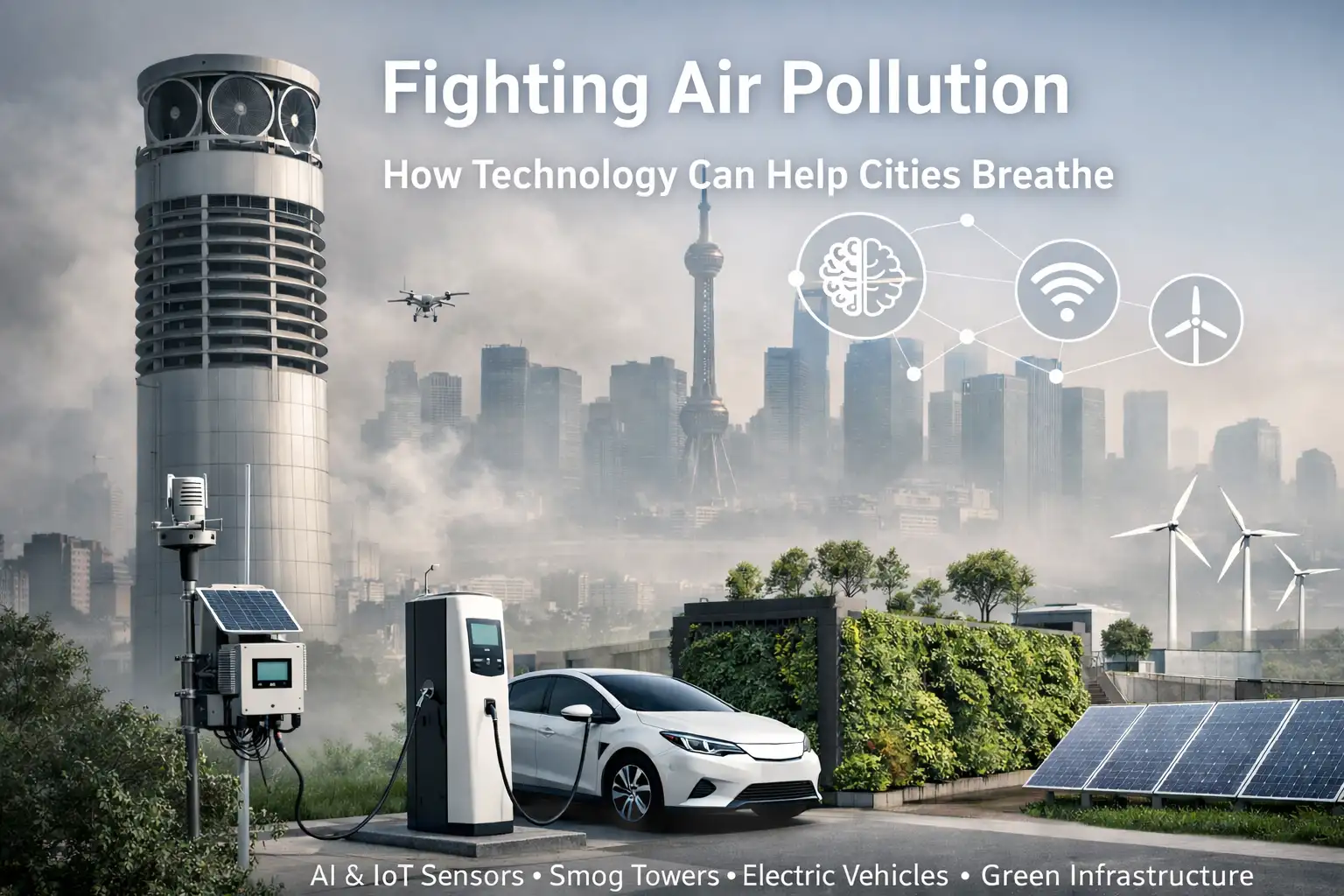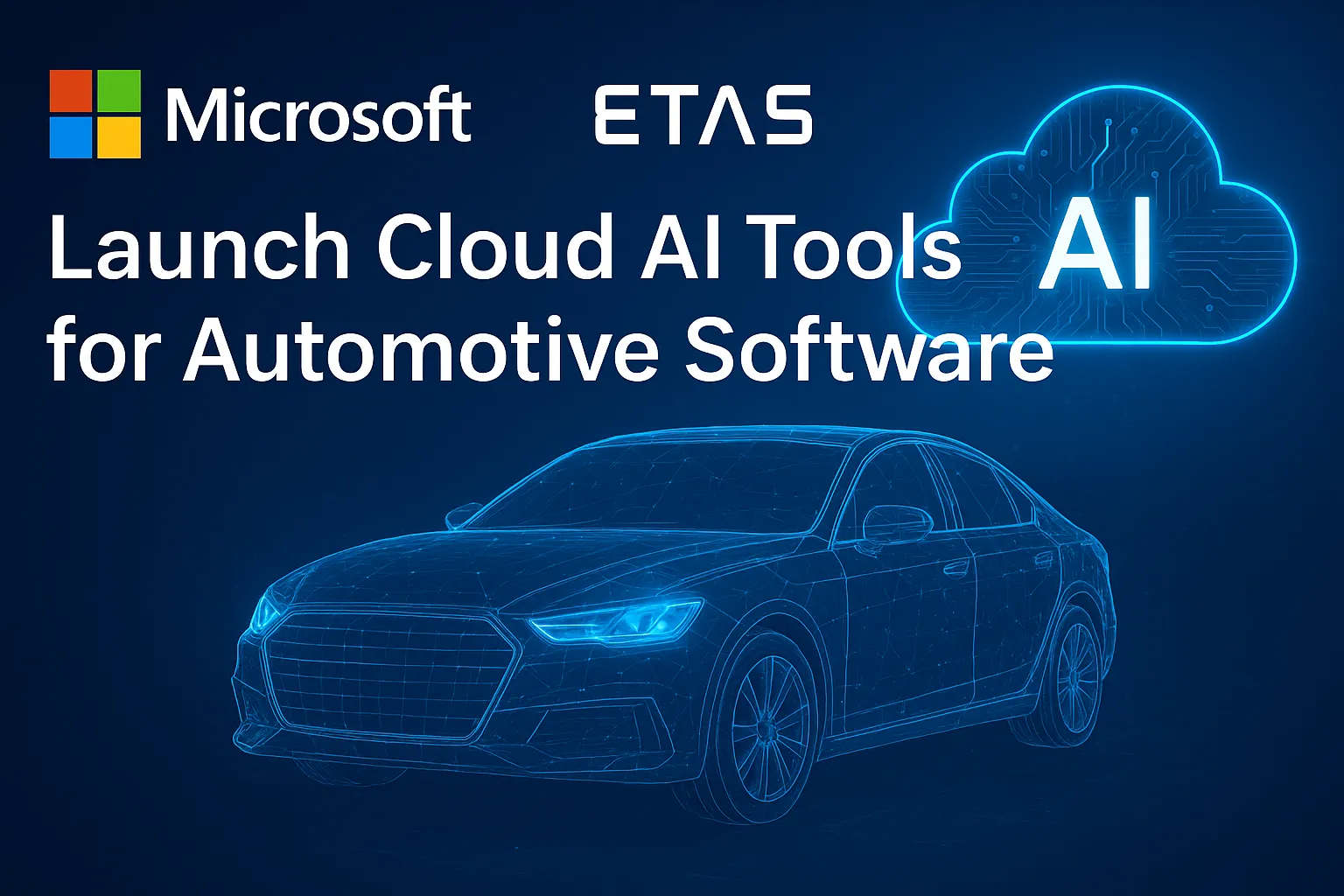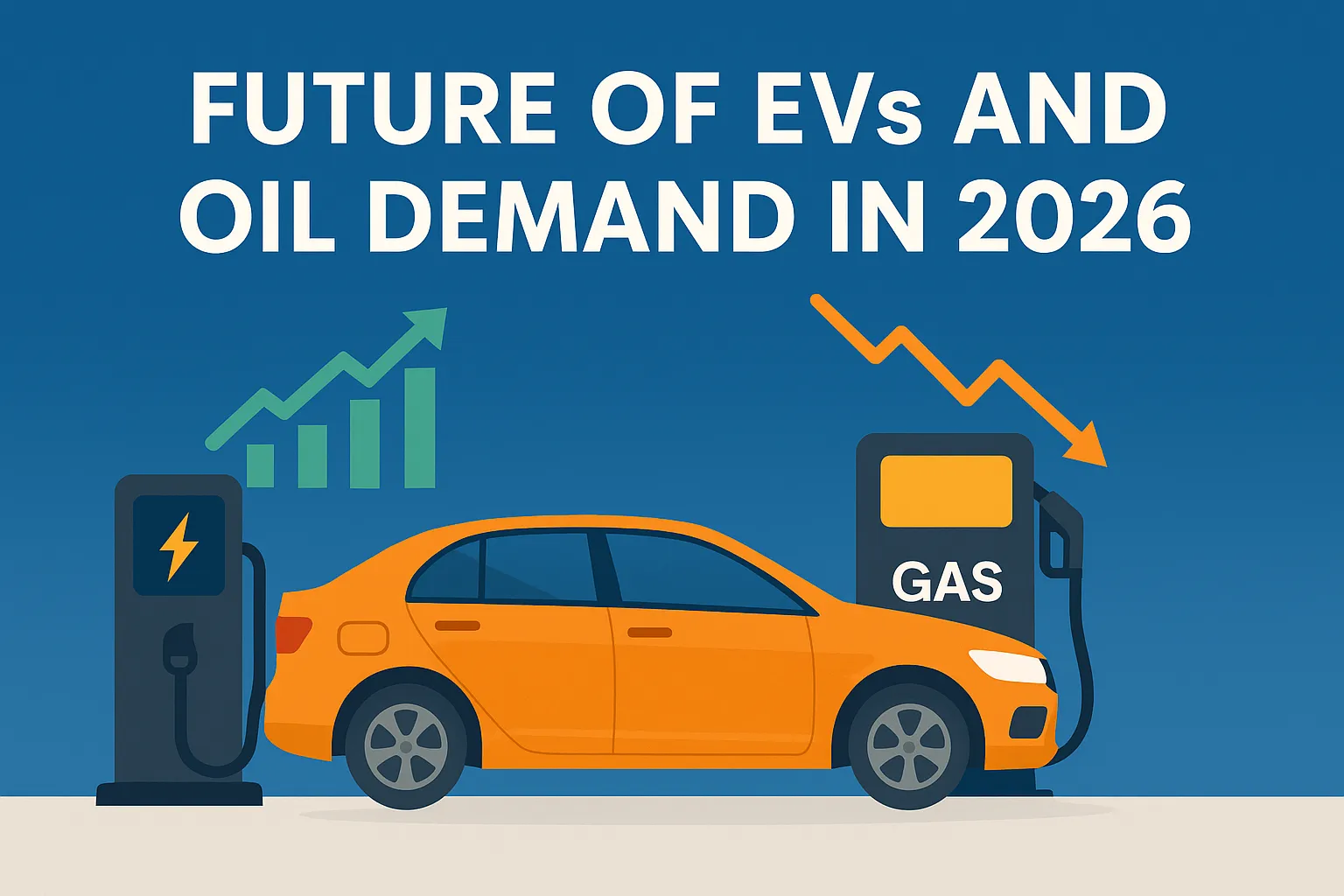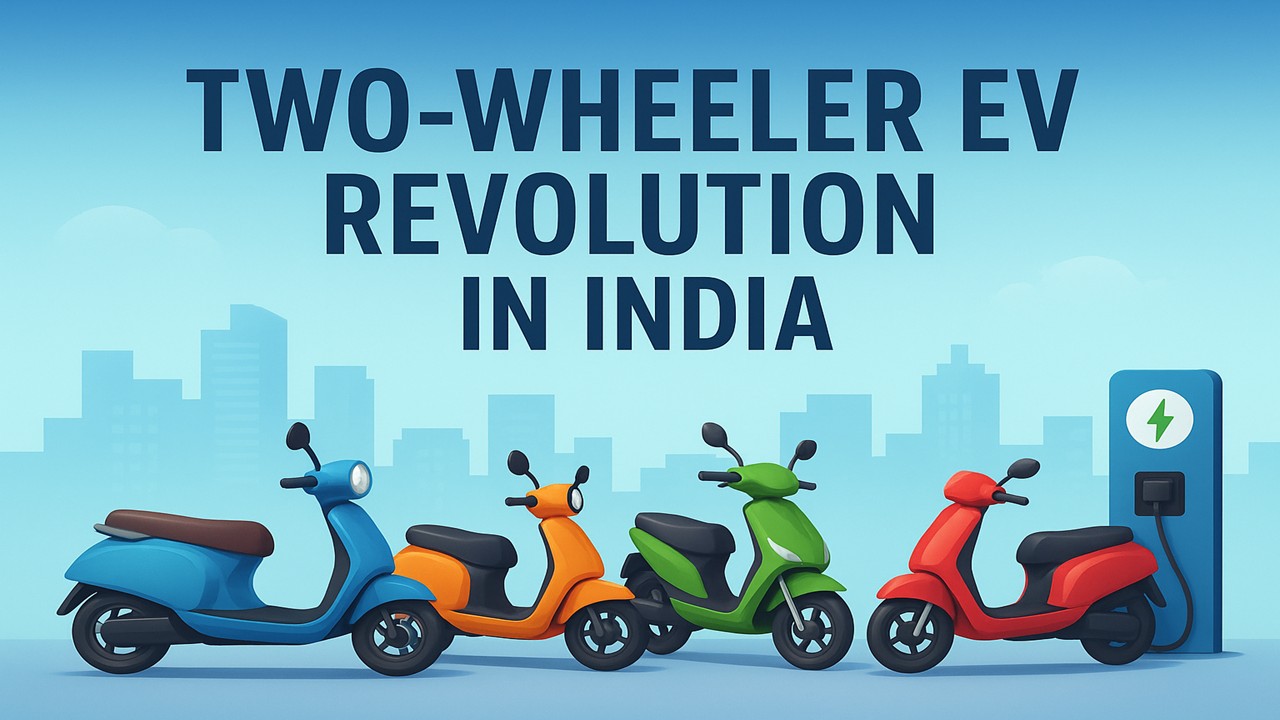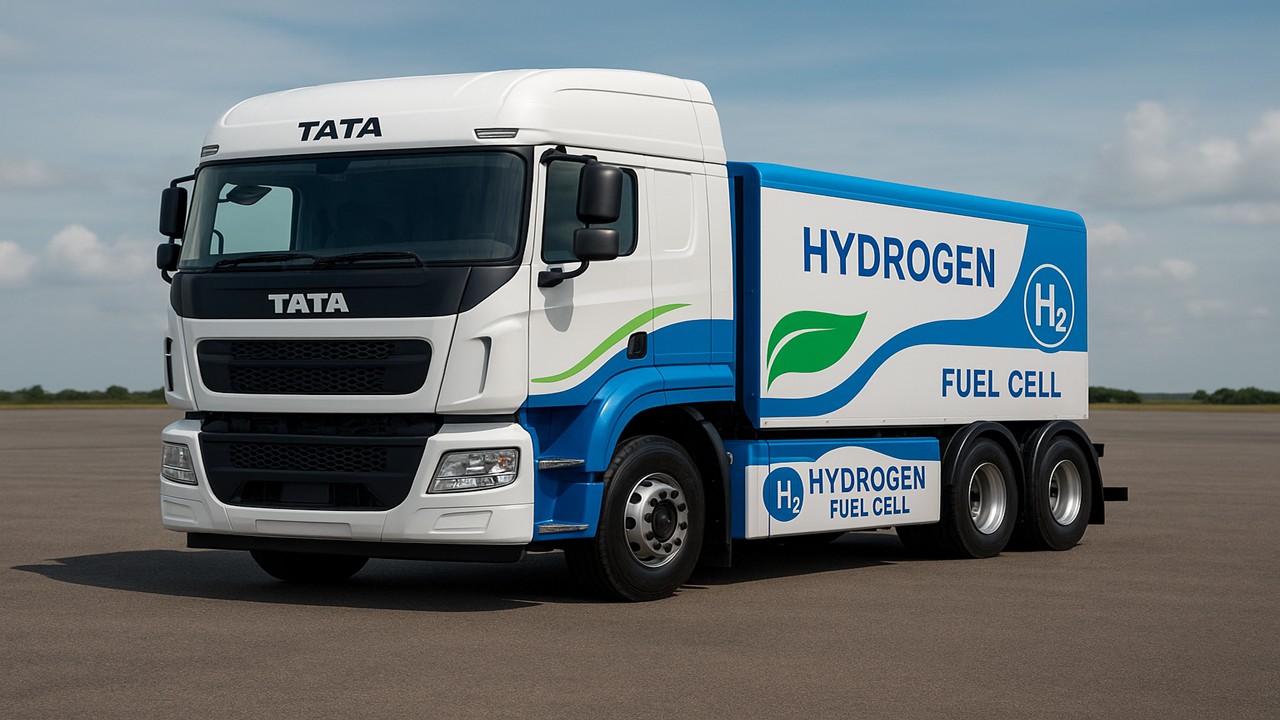
Electric vehicles (EVs) are no longer just a futuristic concept — they’re here, and they’re reshaping the world of transportation. With their eco-friendly nature, low running costs, and smart technology, electric cars are quickly gaining popularity across the globe.
In this article, we’ll explore why EVs are capturing so much attention, what challenges still remain, and how the future of electric mobility is shaping up.
🌱 Why Electric Cars Are Winning Hearts
Eco-Friendly and Clean
Electric cars produce zero tailpipe emissions, which helps reduce air pollution and fight climate change. By driving an EV, you’re contributing to a cleaner, greener environment — something the world needs now more than ever.
Cost-Effective in the Long Run
Charging an EV is much cheaper than refueling a petrol or diesel car. Plus, EVs have fewer moving parts, resulting in lower maintenance and servicing costs over time.
Loaded with Advanced Technology
Today’s electric cars are packed with innovative features like autopilot, smart displays, regenerative braking, and enhanced safety systems. These make the driving experience not only safer but also more exciting.
Smooth and Silent Ride
Electric motors are quiet and deliver smooth acceleration, giving you a calm and peaceful driving experience — especially in city traffic.
Things to Keep in Mind Before Going Electric
Battery Costs
EV batteries are still expensive, though prices are steadily falling. Battery cost is one of the main reasons why EVs have a higher initial price tag.
🔌 Charging Infrastructure
While charging stations are growing in number, they’re not yet as common as fuel pumps. This can be inconvenient during long-distance travel or in remote areas.
📉 Range Anxiety
Some drivers worry about how far an EV can go on a single charge. Although many new models offer 300+ km range, it’s still a concern for some users.
🕒 Charging Time
Unlike filling up at a petrol station, charging an EV takes time. Even fast-charging stations can take 30–60 minutes depending on the vehicle.
💸 Upfront Cost
Electric cars often cost more upfront than traditional vehicles. However, government subsidies, tax rebates, and lower running costs help balance this over time.
🚘 What the Future Holds for Electric Vehicles
🔋 Better Batteries
New battery technologies promise faster charging, longer driving range, and more durability. This will make EVs more practical and convenient for everyone.
⚡ More Charging Stations
Global investments are being made to expand EV charging networks, making it easier to charge your vehicle anywhere, anytime.
🚗 Wider Range of Car Models
From budget cars to luxury sedans and rugged SUVs, more EV models are being launched to suit different lifestyles and preferences.
🏛️ Government Support
Many countries are encouraging EV adoption with incentives like tax rebates, subsidies, and toll waivers. This support is helping to accelerate the EV revolution.
🤖 Smarter, Connected Vehicles
The future EVs will be more connected and intelligent — featuring voice assistants, AI-based driving systems, and possibly full autonomy.
🌍 Leading EV Companies and Their Future Plans
Tesla
As a global EV leader, Tesla offers popular models like Model 3 and Model Y. It’s also working on new models like Cybertruck and Semi, and expanding its Supercharger network.
Rivian
Known for adventure-ready EVs like the R1T truck and R1S SUV, Rivian is focusing on outdoor enthusiasts and building its own fast-charging network.
NIO
This Chinese company is pushing forward with luxury EVs and innovative battery-swapping technology, which allows users to replace batteries in minutes.
Lucid Motors
Lucid focuses on premium electric sedans like Lucid Air and is expanding its lineup and fast-charging capabilities.
Ford
With vehicles like the Mustang Mach-E and electric F-150 Lightning, Ford is making big moves in the EV market, backed by large-scale investment.
General Motors (GM)
GM plans to go all-electric in the coming years, with electric offerings under its Chevrolet, GMC, and Cadillac brands.
In a Nutshell
Electric cars are more than just a trend — they’re shaping the future of mobility. With eco-friendliness, technological advancement, and growing manufacturer support, EVs are set to take over roads worldwide.
Yes, there are challenges like charging time and initial cost, but the progress being made in battery tech, infrastructure, and government support is rapidly closing those gaps.
As EVs become smarter, more affordable, and widely available, they’re not just a good choice — they’re becoming the best one.






